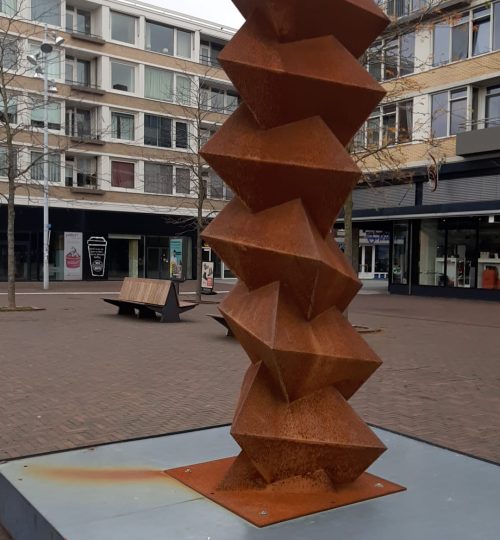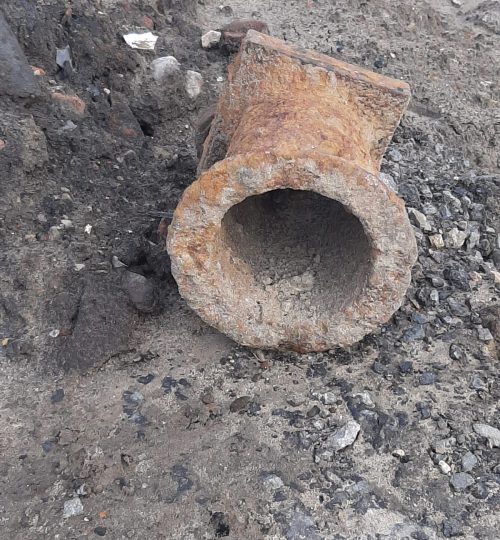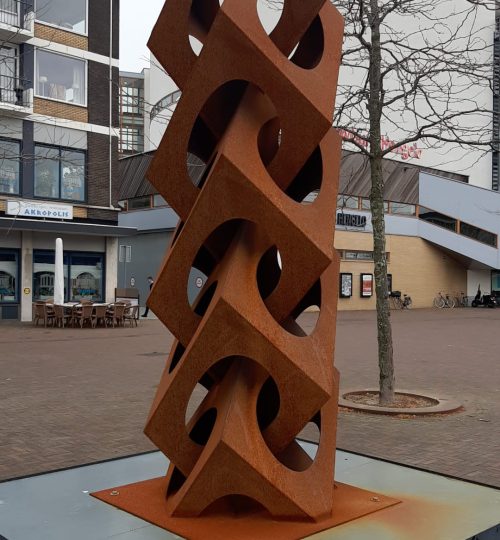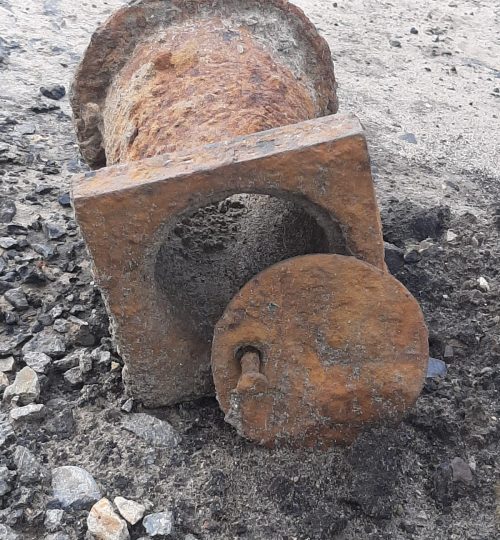Corrosion

Importance of corrosion
Corrosion has been derived from a Latin word that means “bitten”. The logic here is that when a part is corroded, it is as if it has bitten away by a ghost. In the past, they did not know about the underlying mechanisms by which corrosion, particularly electrochemical corrosion. Corrosion is a bilateral process that affects both the environment (Ecologic Effect) and the economy (Economic Effect) for any country. Based on a history of more than 70 years of study about the Economic Effects, cost of corrosion is between 3% to 6% of the Gross Domestic Product (GDP) of any country. While the Economic Effects differs from country to country based on several parameters, annual global cost of corrosion is much higher than all the economic loss imposed on mankind by earthquakes, tsunamis, fires, and the like. Ecologic Effects of corrosion have been documented in many cases in the USA, Canada, China, Europe and the like.

What is corrosion?
Electrochemical corrosion where three main elements of anode (electron emitter), cathode (electron acceptor) and electrolyte (a medium-water-through which ions are transferred) occur on metals can be demonstrated in various forms and processes such as but not limited to corrosion under insulation (CUI), microbial corrosion (MIC), atmospheric corrosion and the like.
The driving force for corrosion is thermodynamic meaning that the electrons induced to metal during extractive metallurgy processes would like to be released to lower the overall energy (Gibbs Free Energy) of the material. Therefore:
1. Corrosion only happens in metals and their alloys not in non-metals,
2. Corrosion cannot be stopped but controlled through corrosion management or prevented via proper design.

Corrosion and MIC
Corrosion is driven from a Latin word that originally means “to bite “. It seems that the appearance of a corroded object has been the main cause of this naming. From a more technical point of view, corrosion is a thermodynamic process, in other words it is as natural as falling water from a higher point to a lower point in a waterfall. In other words, no metals are expected to “ooze out” from its ore because the metal is in its lowest energy state as it has been “surrounded” by the metal’s oxides, carbonates, sulfates etc. However, what we need is the metal itself and not its oxides, sulfates etc. For this reason, we crush the ore and subject it to mining engineering processes. Then comes the turn of metallurgy where due to reduction processes used to extract the metal, extra electrons are injected to the metal. These extra electrons are like “unexpected guests” and therefore they are not wanted by the metal.
Problems
Corrosion around us




